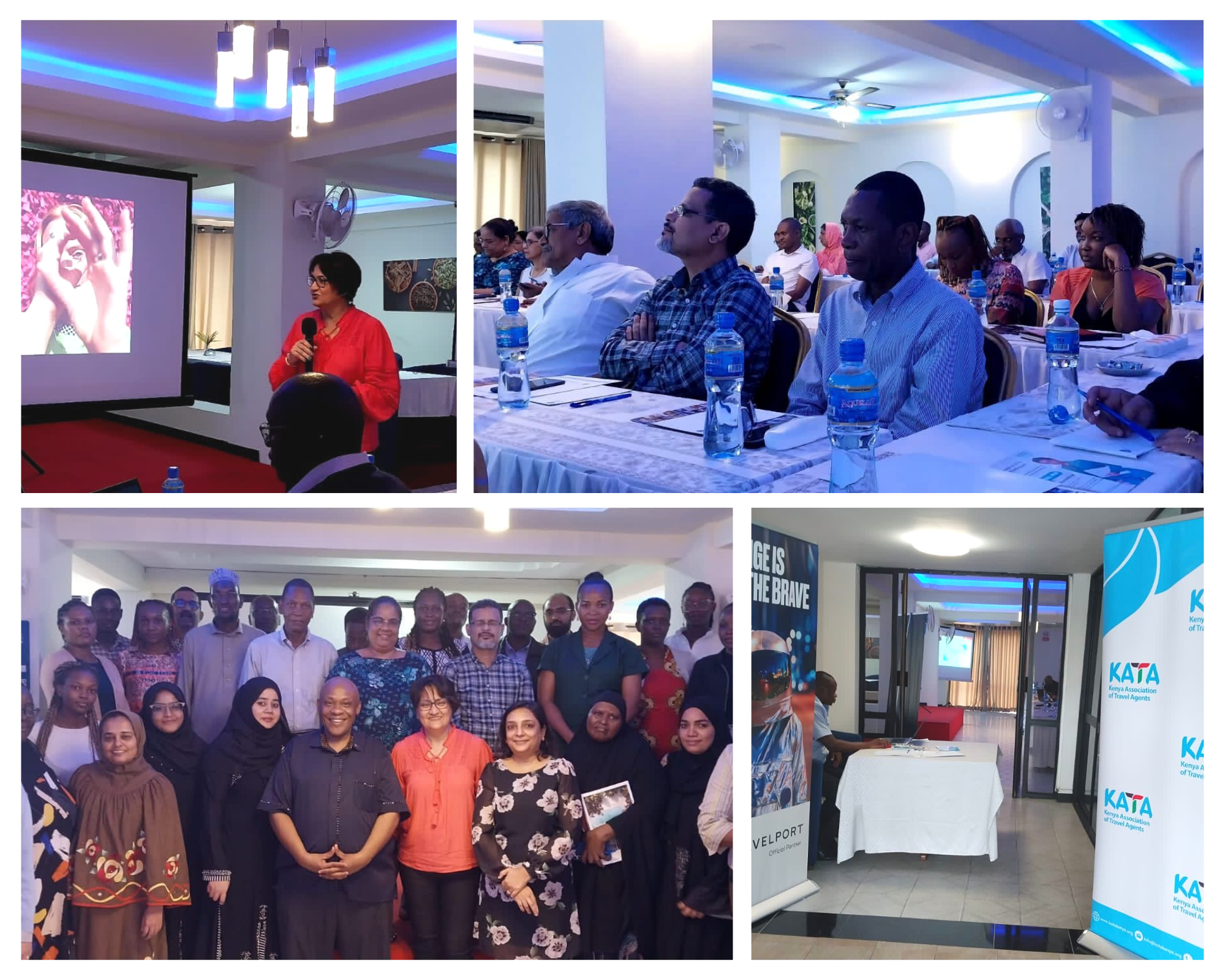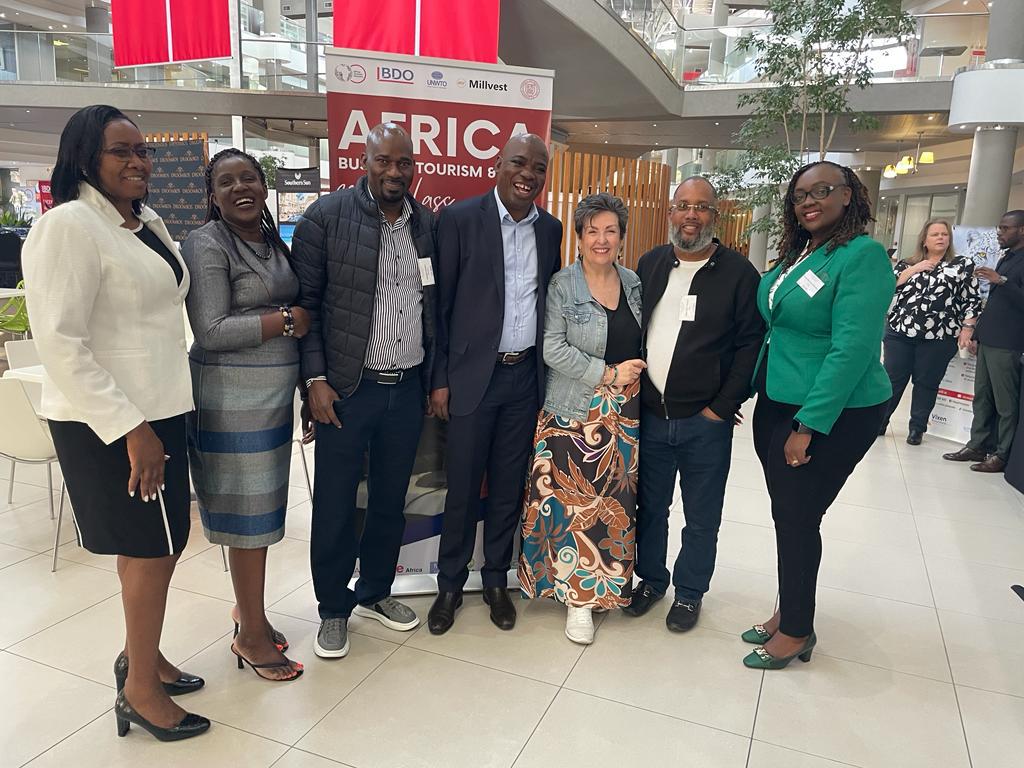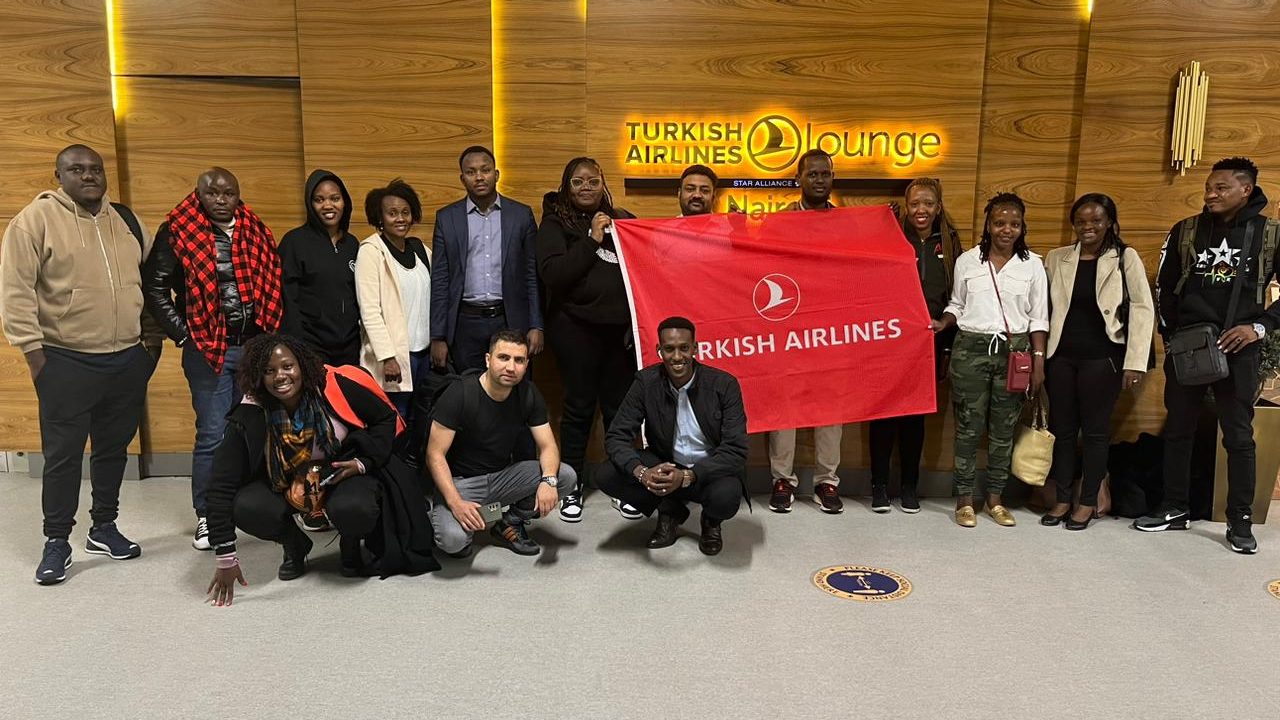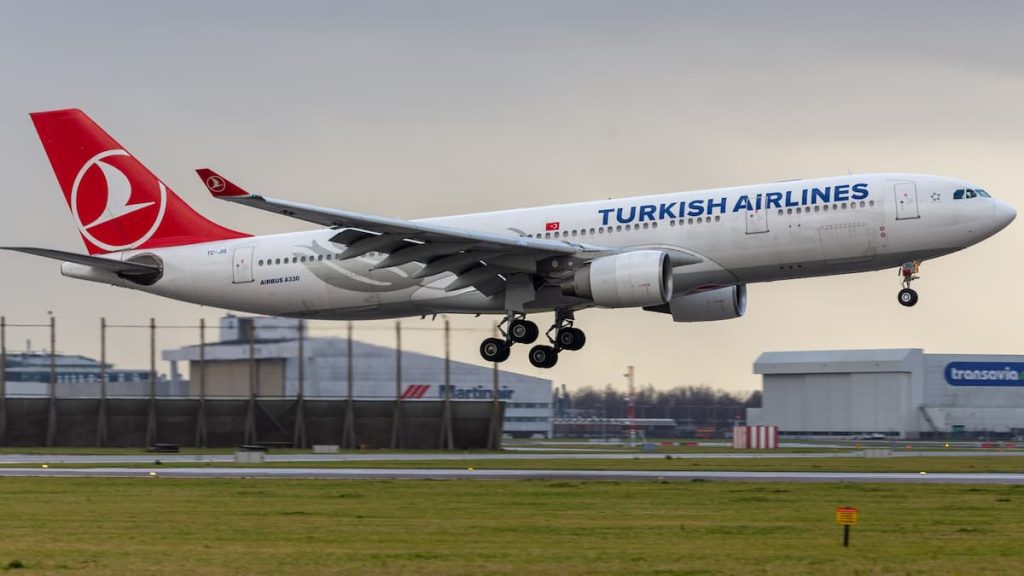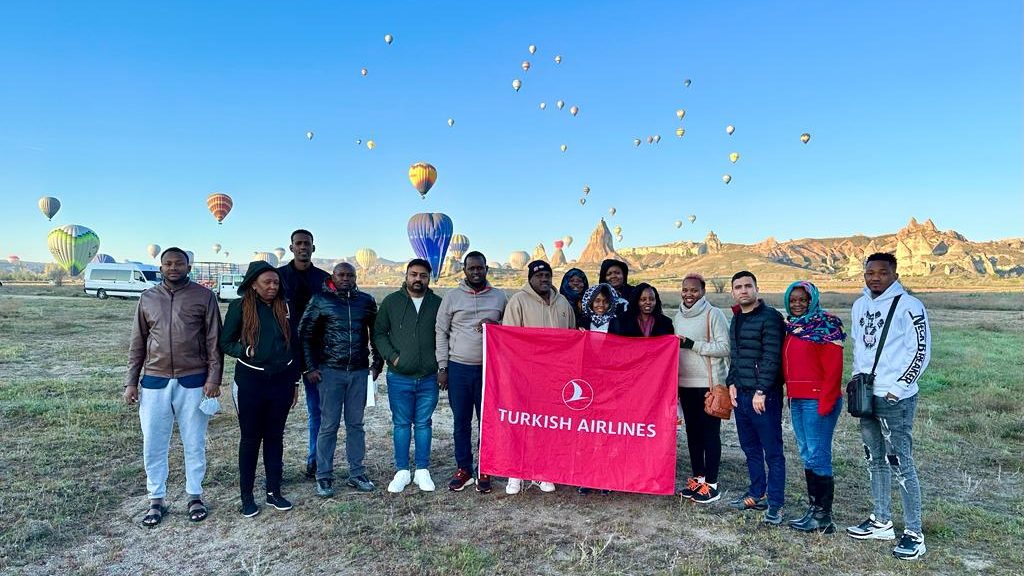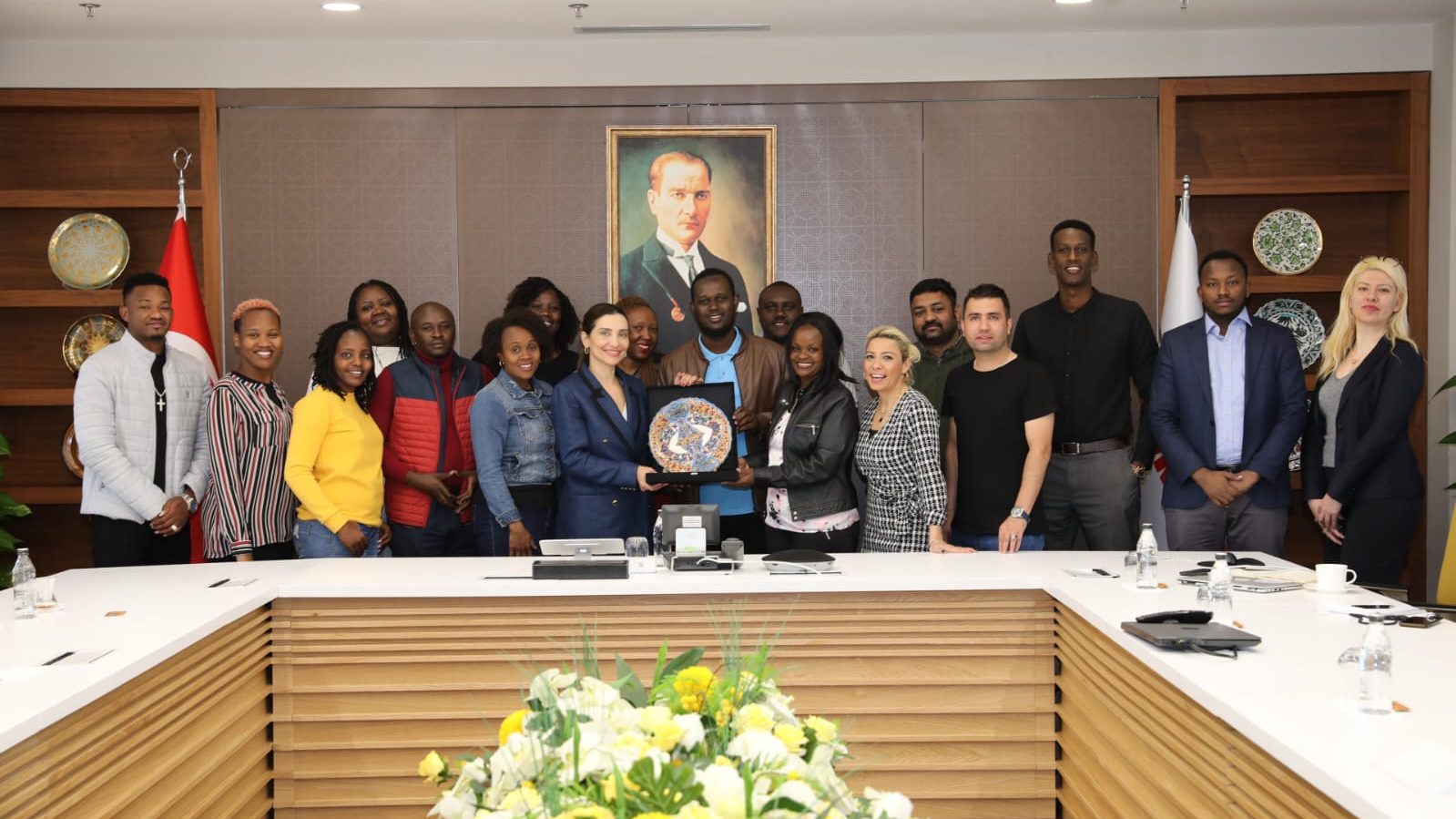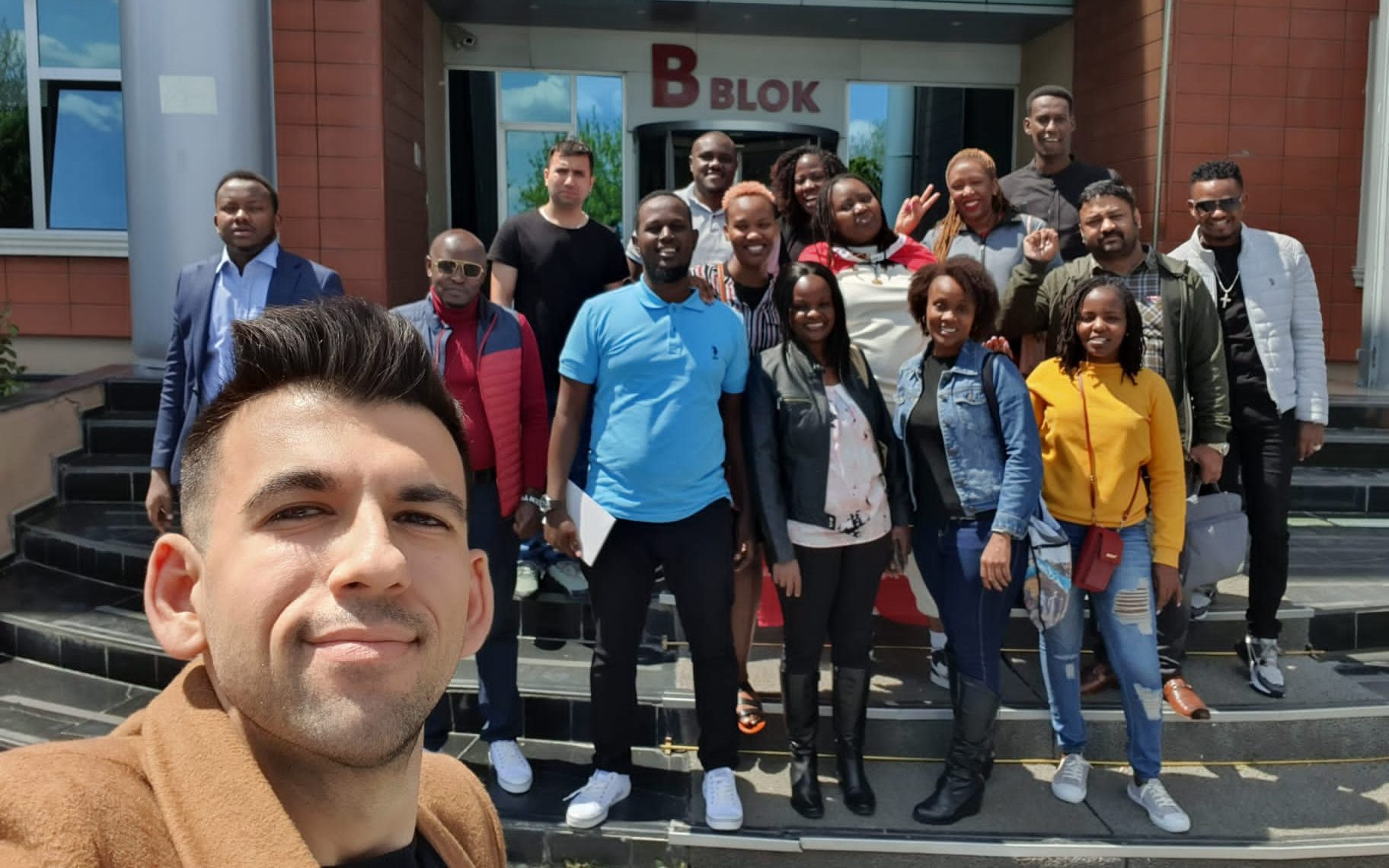The recent culmination of the 3rd East African Regional Tourism Summit and the 13th Magical Kenya Travel Expo marks a pivotal moment for the travel and tourism industry in East African region. As we reflect on the insights gained and the passionate remarks of the East Africa Community (E.A.C) Deputy Secretary General (Customs, Trade and Monetary Affairs) Ms. Annette Ssemuwemba, Dr. Alfred Mutua, Cabinet Secretary for Tourism, Wildlife, and Antiquities, it becomes evident that there’s a call to action for all stakeholders in the industry.
It was attributed that the quick rebound of the travel and tourism industry from the pangs of covid-19 pandemic was as a result of deliberate diversification of tourism products and the improvements of the challenges facing the industry in the past.
In a dynamic continent where each country boasts unique tourist attractions, the need for collaboration and a unified regional approach cannot be overstated.
This annual regional travel-tourism fair showcasing the region’s diverse offerings is a step towards the right direction in providing opportunity for countries in the region especially Kenya, in consolidating its position as a premier for meetings, incentives, conferences and exhibitions destination in the region and Africa-hence an overall effect in growing and maintaining our global share of the international tourism market. Dr. Mutua emphasized the necessity for East African countries to set aside unproductive rivalries and collaborate in promoting the region’s collective tourism assets.
The Magical Kenya Travel Expo, Kenya’s annual flagship travel fair which brings together tourism stakeholders, partners and media from Kenya’s key source markets in Europe, Africa, Asia and America merger with East Africa Regional Tourism Summit this year was set to create more value and enhance the level of engagement.
The key focus areas to catapult and enhance the region’s visibility and maximization of the economic benefits to bolster travel and tourism trade which featured highly during the summit are:
Connectivity: The Backbone of Regional Tourism
Notably one of the primary challenges facing the East African region is connectivity. Despite the diversity of tourist attractions, the region receives very few direct flights from international destinations. To truly tap into the potential of the tourism industry and maximize economic benefits, there’s a need to focus on strengthening air links. Policies such as Open Skies Agreement (OSA) should be adopted to give our airlines the flexibility to respond to market opportunities. These agreements could empower our airlines to dance to the market’s tune, fostering growth within the East African Community and the broader African Continental Free Trade Area (AfCFTA).
Tech-Forward Tourism
In an era where technology is redefining travel, creating a hassle-free tourist experience is paramount. The new generation of travelers, predominantly Millennials and Gen Z, with their ‘You Only Live Once’ ethos, innovation and technology play a crucial role in attracting these tech-savvy explorers seeking seamless experiences. Therefore, industry players need to adopt innovative solutions that cater to this demographic, ensuring a personalized and convenient travel experience.
Unity and Collaboration for a Visa-Free Continent
In his closing remarks, Dr. Mutua passionately called for a shift in strategy, urging countries to pool resources for marketing and present the region as a unified destination. His proposal for a multifaceted approach involves identifying, mapping, branding, and packaging all the region’s tourist attractions while developing interconnected tourist circuits.
The idea of a visa-free continent is an idea whose time has come; it’s a journey that has commenced and will spread like wildfire in coming days. Simplifying visa processes, ensuring safety, and leveraging technology will be key in achieving this vision.
Forging partnerships from country, regional Associations and state corporations that promote destination marketing for signature events and experiences of the region’s unique propositions should be done in a synchronized manner where incentives are given for those who go out of their way to aggressively market the region’s unique prepositions. This Annual Tourism Expo among other key initiatives that the EAC has embarked on as part of implementing the regional tourism marketing strategy 2021-2025 will surely set up the bloc to exciting vistas.
Source: KATA Media & Communications -Bryan Obala


